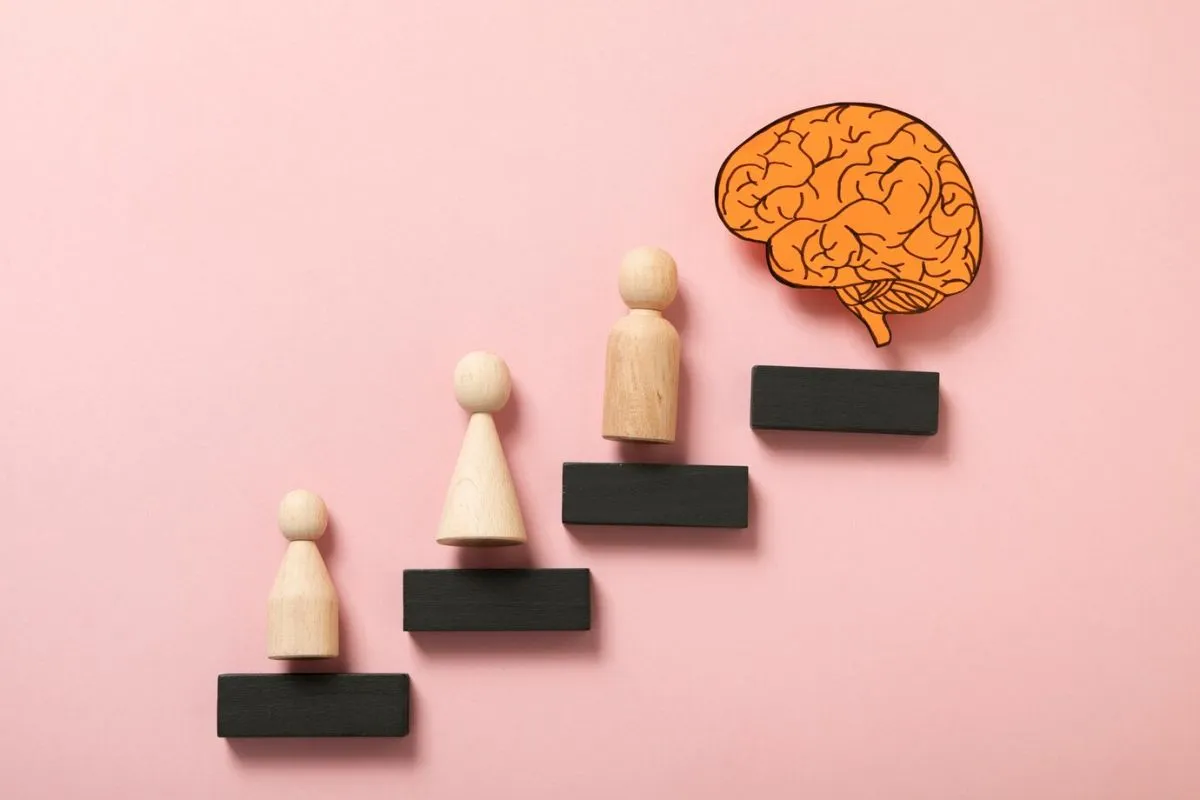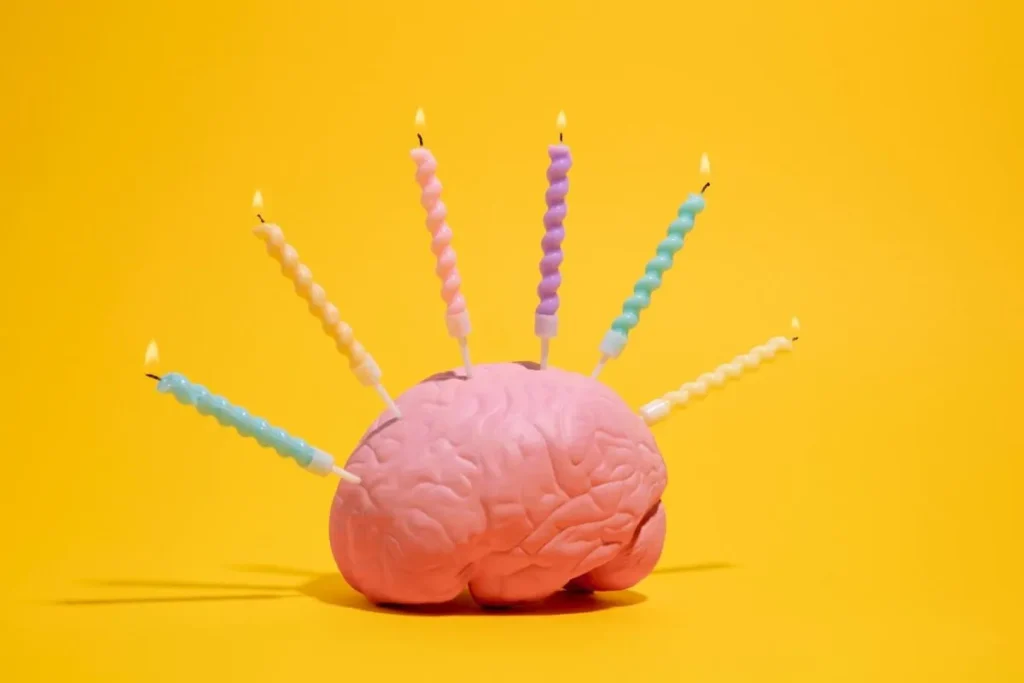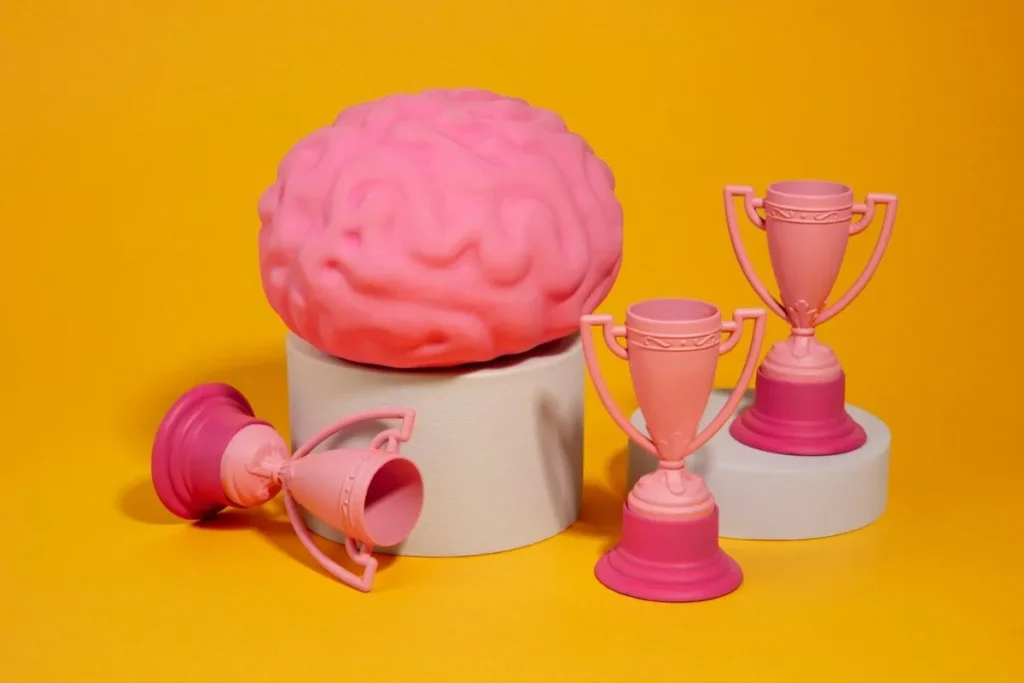Emotional regulation via neurotechnology is revolutionizing mental health. Advances in neurotechnology offer new avenues to manage emotions more effectively.
Through combined insights from neuroscience and technology, individuals can better control emotional responses. This improves overall well-being and emotional intelligence.
This article explores cutting-edge techniques harnessed by neurotechnology to enhance emotional regulation.
The Role of Neurotechnology in Emotional Regulation
Neurotechnology encompasses tools and techniques that interact with the nervous system. These tools enhance mental health by facilitating emotional control and improving cognitive functions.
They provide innovative solutions for conditions like anxiety, depression, and PTSD, offering new hope for patients who do not respond to traditional treatments.
By targeting specific brain regions, neurotechnology can modulate emotional responses. This is achieved through methods like neurofeedback, brain stimulation, and more, which adjust neural activity to promote healthier brain function.
These techniques can help rewire negative thought patterns and establish more positive behavioral responses. Additionally, advancements in imaging and diagnostics enhance the precision and effectiveness of these interventions.
Modern brain technology helps individuals achieve better emotional intelligence. This leads to improved stress management and mental health, enabling people to navigate their emotions more effectively.
Enhanced emotional intelligence fosters better relationships, decision-making, and overall well-being. Furthermore, ongoing research and development in this field promise to expand the capabilities and accessibility of neurotechnology.
Incorporating neurotechnology into therapeutic practices can revolutionize mental health care. It offers personalized treatment plans tailored to individual neural profiles, making mental health interventions more effective.
As these technologies continue to evolve, they hold the potential to significantly reduce the global burden of mental health disorders.
Neuroscience and Emotional Intelligence
Neuroscience provides insights into the brain’s mechanisms governing emotions. Understanding these mechanisms is crucial for effective emotional regulation.
Emotional intelligence, the ability to perceive, understand, and manage emotions, benefits greatly from neurotechnology. Enhanced emotional intelligence contributes to better personal and professional relationships.
Neurotechnology helps train the brain to respond to emotional stimuli more adaptively. This results in healthier emotional expressions and better decision-making.
Techniques in Neurotechnology for Emotional Regulation
There are several advanced techniques deployed in neurotechnology for emotional regulation. These include:
- Neurofeedback: A method that uses real-time data to teach self-regulation of brain activity.
- Transcranial Magnetic Stimulation (TMS): A non-invasive procedure stimulating nerve cells in the brain.
- Electroencephalogram (EEG) Biofeedback: Track brain wave patterns to improve emotional control.
These techniques are backed by scientific research and show promising results in managing mental health conditions.
Treatment and Improvements in Well-Being
Beyond regulation, neurotechnology plays a significant role in treatment. Patients with anxiety, depression, and PTSD benefit from these non-invasive methods.
Tracking emotional patterns enables personalized treatment plans. This personalized approach enhances the efficacy of interventions and promotes lasting well-being.
As brain technology evolves, so do the possibilities for treating complex emotional disorders. This can drastically improve quality of life for many individuals.
Implementation of Neurotechnology in Daily Life
Integrating neurotechnology into daily routines can foster continuous emotional regulation. Simple devices are making this easier and more accessible to the public, bridging the gap between advanced neuroscience and everyday mental wellness.
These innovations are transforming how individuals understand and manage their emotional health on a daily basis.
Wearable technology, such as EEG headbands, offers real-time feedback. These devices empower users to take immediate action to manage their emotional state, promoting proactive mental health care.
By providing insights into brainwave activity, users can identify triggers and patterns that affect their mood and stress levels.
Additionally, the data collected can be used to tailor mindfulness and relaxation exercises, enhancing their effectiveness.
In combination with traditional therapies, neurotechnology enhances daily emotional management. It provides tools for a holistic approach to mental health care, integrating modern technology with established therapeutic practices.
This synergy ensures a comprehensive treatment plan that addresses both immediate and long-term emotional needs. Moreover, it enables therapists to monitor progress more accurately and adjust treatments accordingly.
The accessibility of these devices encourages widespread adoption, potentially reducing the stigma associated with seeking mental health support. As people become more comfortable using neurotechnology, the overall awareness and understanding of mental health issues can improve, leading to a more supportive and informed society.
This integration represents a significant advancement in promoting mental well-being and resilience.
Developing Emotional Control
Emotional control is a crucial component of mental health. Enhanced emotional control leads to better stress management and improved life decisions.
With neurotechnology, emotional control can be trained and improved over time. Consistent use of neurofeedback helps reinforce positive emotional habits.
Emotional regulation via neurotechnology creates a more resilient emotional state. This contributes to overall mental and physical health.
Impact on Professional and Personal Life
Improving emotional regulation translates into better performance at work and in personal relationships. Emotionally intelligent individuals navigate challenges with greater ease.
Employers are beginning to recognize the value of these technologies. They foster an emotionally healthy workplace, leading to higher productivity.
On a personal level, improved emotional regulation helps foster healthy relationships. It supports a balanced and fulfilling personal life.
Future Directions and Innovations
The future of neurotechnology looks promising with potential advancements on the horizon. Innovations are focusing on creating more user-friendly and efficient devices.
Integration with Artificial Intelligence (AI) can enhance the accuracy of emotional data analysis. This synergy could bring unprecedented improvements in emotional regulation.
Continuous research in neuroscience will reveal new brain areas to target. These discoveries will refine current practices and introduce new techniques.
Reflecting on the Future of Emotional Regulation
Harnessing emotional regulation via neurotechnology represents a leap forward in mental health care. Ongoing advancements ensure that these tools become even more effective over time.
Adopting these technologies can significantly enhance well-being. They offer new methods for maintaining emotional and mental balance.
The future is bright as we continue to integrate neurotechnology into daily life for better emotional health. Adopting and integrating these innovations offer promising avenues for sustained mental well-being.
Frequently Asked Questions
What is emotional regulation via neurotechnology?
It involves using advanced brain technology to control and manage emotional responses.
How does neurotechnology improve emotional intelligence?
Neurotechnology provides feedback and data to train the brain in better emotional responses, enhancing emotional intelligence.
Can neurotechnology help with mental health conditions?
Yes, techniques like neurofeedback and TMS are used to treat conditions such as anxiety, depression, and PTSD effectively.
Is neurotechnology safe for everyday use?
Yes, most neurotechnology devices, like EEG headbands, are non-invasive and safe for daily use.
How can I integrate neurotechnology into my daily routine?
Using wearable devices that provide real-time feedback can help integrate emotional regulation techniques into your daily life.




